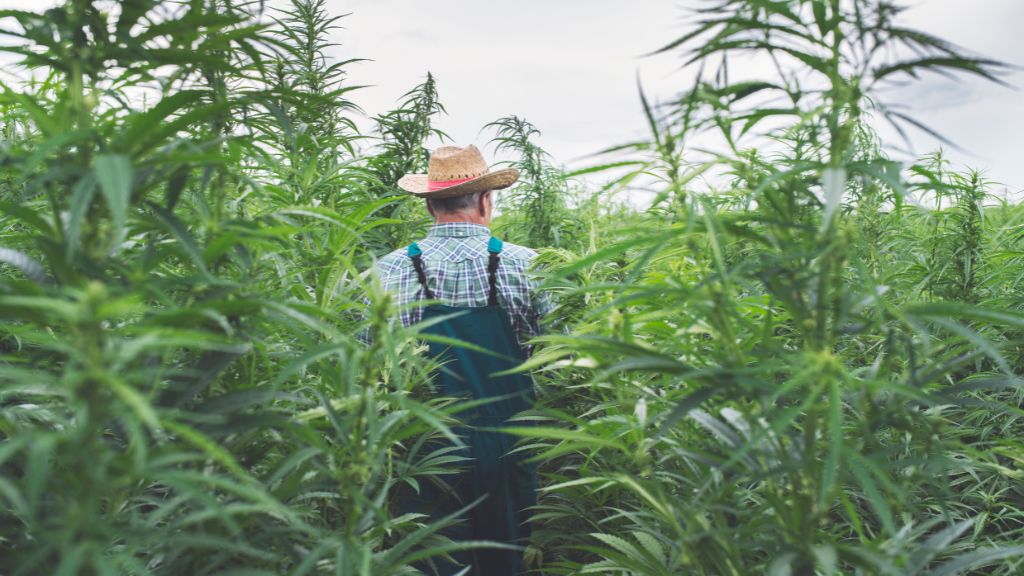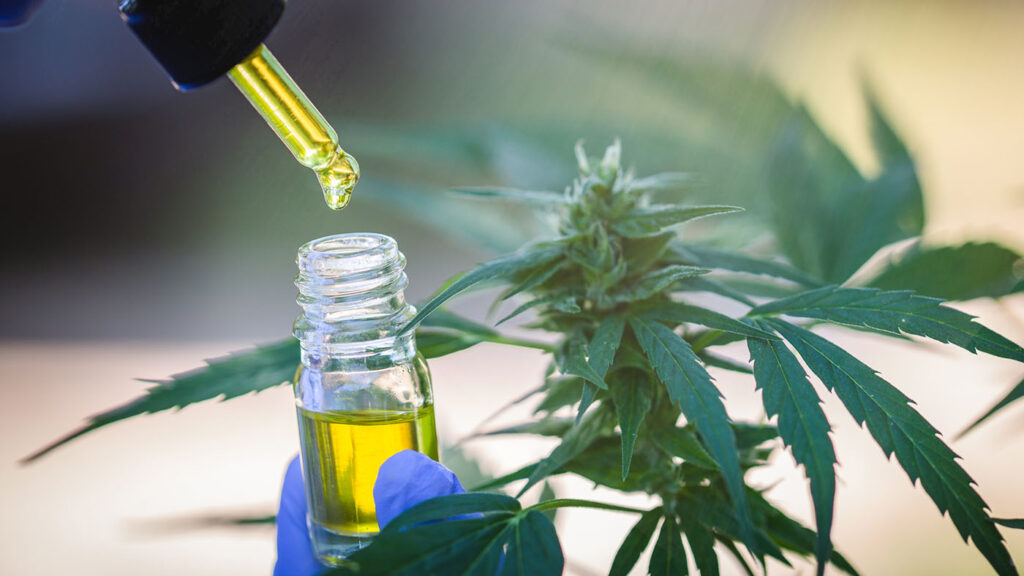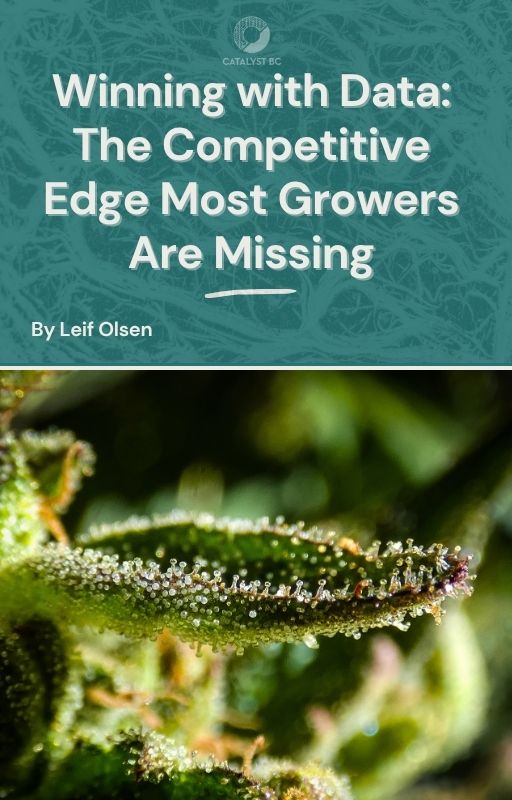Estimated reading time: 8 minutes
Table of contents

Introduction
Texas Cannabis Reform remains a hot-button issue in 2025 as lawmakers debate the state’s restrictive medical cannabis program, the booming hemp-derived THC market, and potential pathways for broader legalization. Despite overwhelming public support for cannabis reform, legislative action remains uncertain in the Lone Star State.
Texas’ Current Cannabis Landscape
Under the Texas Compassionate Use Program, doctors can prescribe only low-THC cannabis products capped at 1%—a potency closer to hemp than a robust medical cannabis program. This limited framework has spurred an explosion of hemp-derived THC products across the state, creating a multibillion-dollar market. In response, Lt. Gov. Dan Patrick is pushing Senate Bill 3, a controversial measure aimed at banning THC sales by unlicensed retailers.
Public Opinion and Legislative Momentum
While Patrick’s proposed crackdown on unregulated THC sales has garnered 55% support, Texans overwhelmingly favor broader cannabis reform. A February 2024 University of Houston Hobby School of Public Affairs report found that:
- 79% of Texans support medical cannabis legalization.
- 62% support adult-use legalization.
With the 2025 legislative session underway—Texas lawmakers meet only in odd-numbered years—there is a limited window for elected officials to align policy with voter sentiment.
Legislative Efforts in 2025
Since the Compassionate Use Program’s inception in 2015, Texas lawmakers have incrementally expanded it, raising the THC cap and increasing qualifying conditions. However, the current framework remains one of the most restrictive in the nation.
This session, several cannabis-related bills have been introduced, including:
- Adult-Use Legalization: Rep. Jessica Gonzalez (D-Dallas) filed a bill to legalize adult-use cannabis for those 21 and older.
- Medical Cannabis Expansion: Three notable bills aim to expand access:
- Senate Bill 170 – Filed by Sen. José Menéndez (D-San Antonio).
- Senate Bill 259 – Filed by Sen. Carol Alvarado (D-Houston).
- House Bill 1504 – Filed by Rep. Ron Reynolds (D-Fort Bend).
In total, more than 25 cannabis- and hemp-related bills have been introduced this session, highlighting the growing urgency of reform discussions.
Conclusion
Texas Cannabis Reform is at a crossroads in 2025. While restrictive policies persist, strong public support and legislative proposals signal potential progress. Whether the state will embrace meaningful reform or continue its incremental approach remains to be seen, but the conversation is far from over.
Learn more about our full-service cannabis and hemp consulting services tailored to Texas’s unique market needs.
Texas Cannabis Reform 2025 FAQs
The Texas Compassionate-Use Act established requirements for the licensing and registration of dispensaries who provide low-THC cannabis to qualified patients. This chapter of Texas law allows qualified physicians to prescribe low-THC cannabis to certain qualifying patients.
Once the medical cannabis doctor has confirmed your eligibility, they will customize an individual treatment plan and register you in the Compassionate Use Registry of Texas (CURT). In contrast with other states, in Texas, there is no medical marijuana card.
As of April 2024, possession of any amount of a THC edible is a felony. If the amount in your possession is less than a gram, it’s a state jail felony that carries from 180 days to two years in jail, and possession of more than a gram carries a prison sentence.
Recreational use of marijuana, including marijuana-derived THC gummies, remains highly illegal in Texas. They treat it as a schedule I narcotic, in accordance with federal law. Possession of even small amounts of marijuana can lead to legal consequences, including fines, jail time, or both.
Texas passed House Bill 1325 in 2019, which allowed for the commercialization of hemp at the state level. The law, which was meant to promote agriculture, also made it possible for Texas businesses to sell low-level THC products.
No, Delta-9 THC is not legal for recreational use in Texas. Under Texas law, Delta-9 THC is classified as a controlled substance, making it illegal unless it’s derived from hemp and contains less than 0.3% THC by dry weight, in line with the federal 2018 Farm Bill.
In 2015, Texas passed the Compassionate-Use Act. This Act allowed the first legal use of low-THC cannabis products in the state for patients with intractable epilepsy. It was expanded in 2019 and 2021 to include other conditions.
The following are the current qualifying conditions for medical marijuana in Texas: Autism, Cancer, Chronic Pain, Dementia, Huntington’s Disease, Multiple Sclerosis, PTSD, Reducing Inflammation, Sleep Issues, Spasticity, Stress, and Anxiety.
Texas’s Compassionate Use Program (CUP) allows certain physicians to prescribe low tetrahydrocannabinols (THC) cannabis for medical purposes. Low-THC comes from the plant Cannabis Sativa L.
No, Delta-9 THC is not legal for recreational use in Texas. Under Texas law, Delta-9 THC is classified as a controlled substance, making it illegal unless it’s derived from hemp and contains less than 0.3% THC by dry weight, in line with the federal 2018 Farm Bill.
Additional Resources
Free eBooks For Cannabis Business Success
Latest Articles
- Missouri Cannabis Licensing & Business Opportunities 2026Missouri has established itself as the premier success story for cannabis in the Midwest, evolving from a standard medical regime to a high-volume adult-use market that exceeded $1.52 billion in annual sales in 2025. As the market enters the 2026–2027 biennium, the landscape is shifting from rapid expansion toward operational maturation and specialized entry.
- North Carolina Cannabis Licensing & Business Opportunities 2026North Carolina remains one of the final significant jurisdictions in the United States without a comprehensive medical or adult-use cannabis program. However, the 2026–2027 biennium is projected to be the most consequential period in the state’s cannabis history. Driven by the formation of the North Carolina Advisory Council on Cannabis and an impending federal “hemp cliff,” the state is moving from a period of passive prohibition toward a structured, albeit highly restrictive, regulatory framework.
- Nebraska Cannabis Licensing & Business Opportunities 2026Nebraska is entering the 2026–2027 biennium at a historic crossroads. Following the 71% voter approval of Initiatives 437 and 438 in late 2024—the largest margin for a medical cannabis initiative in U.S. history—the state is currently standing up its first regulated medical infrastructure.
- Florida Cannabis Licensing & Business Opportunities 2026Florida represents the most capital-intensive and professionally structured cannabis market in the nation. As of 2026, the state is at a crossroads: it is both expanding its mature medical program and preparing for a potential constitutional shift toward universal adult-use access. On November 3, 2026, Florida voters will decide on the Marijuana Legalization Initiative (Amendment 3). Passing this requires a 60% supermajority—a high threshold, but one that polls suggest is within reach.
- Virginia Cannabis Licensing & Business Opportunities 2026As Virginia transitions from its current “possession-only” model toward a fully regulated retail market, the 2026–2027 biennium represents a once-in-a-generation window for market entry. Unlike the vertically integrated “medical-only” regimes of the past, Virginia’s upcoming framework focuses on decentralization, specifically architected to favor small Virginia-based operators over large multi-state corporations.
- Minnesota Cannabis Licensing & Business Opportunities 2026Minnesota is currently undergoing a transformative shift in its cannabis landscape, moving from a semi-regulated hemp-derived market toward a fully comprehensive adult-use framework. Overseen by the Office of Cannabis Management (OCM), the 2026–2027 biennium represents the critical “enforcement phase” where temporary registrations sunset and permanent, merit-based licenses define the market’s long-term leaders.











